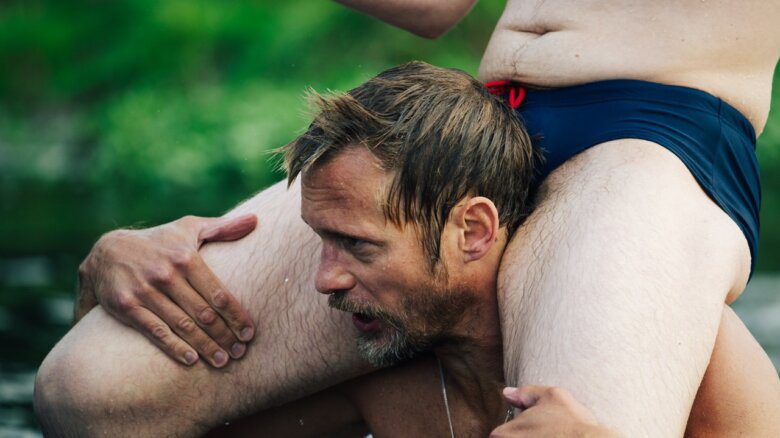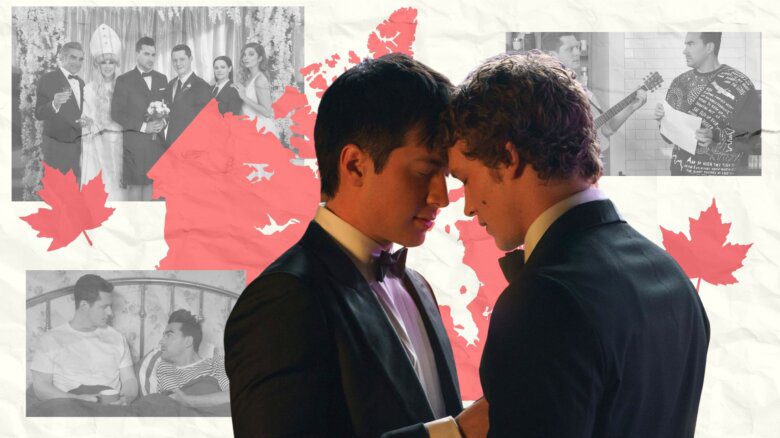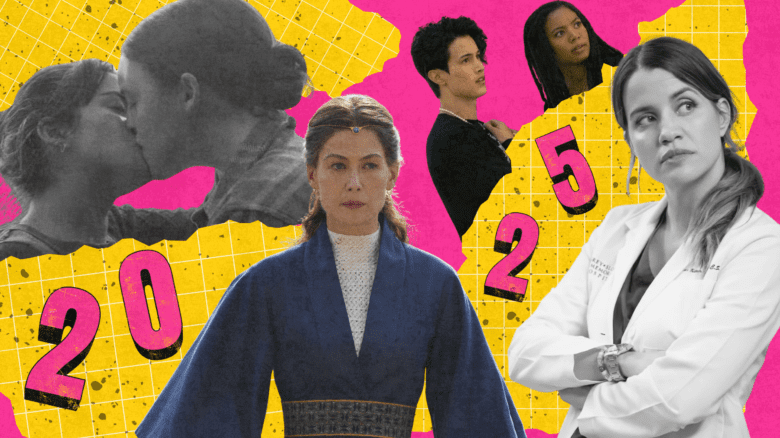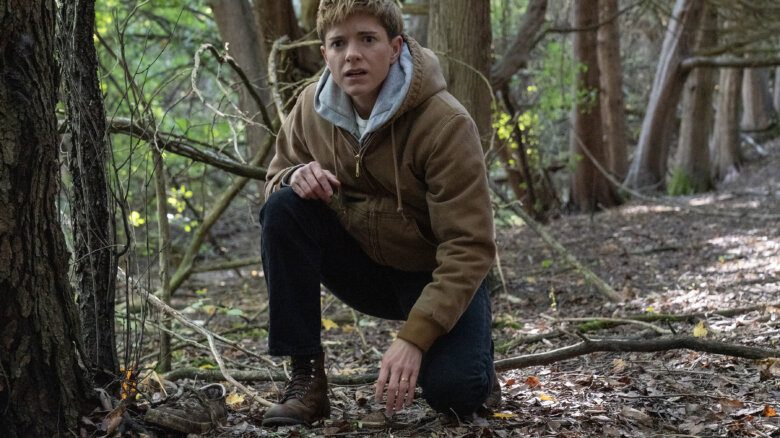I was in my formative years when Designing Women was a hit TV show. The powerful women who filled that set portrayed characters who could have been my southern aunties. I was reared by Appalachian women with deep roots in West Virginia, Kentucky and Ohio. In 1986 America, scenes set in Atlanta, Georgia, weren’t too much of a stretch in my reality.
Jean Smart as Sugarbaker & Associates office manager Charlene Frazier was especially poignant in my young mind. She was the perfect foil to her boss, the fiery and outspoken Julia Sugarbaker (played by Dixie Carter). Charlene was warm. Sweet. Motherly. Yet, in charge. Self-assured. A gentle, straight … power dyke?
She personified something that I, at the time, didn’t have the words to express. It took Smart’s role in Hacks, 35 years later, to make me revisit, relive and understand the sentiment. I have no way of knowing if Smart intentionally chooses roles that give power dyke feels (but my DMs are open and I’d love to chat). Either way, she’s actively giving back in a world that could use a few (okay, many) more power dykes at the top of the food chain.
My thing about power dykes is that they don’t really need to be queer. It’s a dynamic that is about far more than sex and physical attraction. I’ll admit I had a true passion—only realized decades later—for Designing Women’s Charlene. Those soft eyes. That somewhat cheeky “I’m hiding a soft secret and it’s just us here” smile. Oh, and that hair. It was the embodiment of that 1980s it’s-not-a-mullet-exactly-but-it-kind-of-is glamour style. It was, after all, the time and place in which females embracing their masculinity became conventional.
But as with Hacks’ Deborah Vance, my attraction to Charlene was secondary to how I felt seeing authentic female representation on screen. It’s about ideals. It’s about power and how it’s sometimes earned vs. given, sometimes abused and other times used for the greater good. It’s the epitome of power dyke: Navigating a man’s world as strong women and blazing trails by any means necessary.
For reference, I was born in the late 1970s. Most of those Appalachian aunties I mentioned earlier were born in the 1950s—not exactly a time when powerful, well-represented women were running amuck in TV and film storylines. I can’t help but think how it might have changed the way they saw themselves. Queen of the kitchen plus successful raw, unapologetic businesswoman? A tycoon of the art world (Bette from The L Word anyone)? A wicked tough venture capitalist (like Mimi Whiteman from Empire)? Charlotte’s power set from Season 2 of Sex and the City?
Full disclosure, I haven’t watched anything from Season 4 of Hacks. Crave is in an off cycle for my household right now. Tariffs force tough choices sometimes. I am aware, however, that many devotees of the show are rooting for an official, as the youth say, “ship” between Smart’s Deborah Vance and co-star Ava Daniels (Hannah Einbinder). It’s somewhat irrelevant to me. If the writers have decided to work in a kiss—or even a romp—I expect I’ll watch it more like one takes in a safari than an escapade. Their relationship—complex, raw and unapologetic—works with or without romance.
What’s important, just like Smart’s power dyke essence, is that it feels real and authentic. There are a lot of us out here who could use more of that.
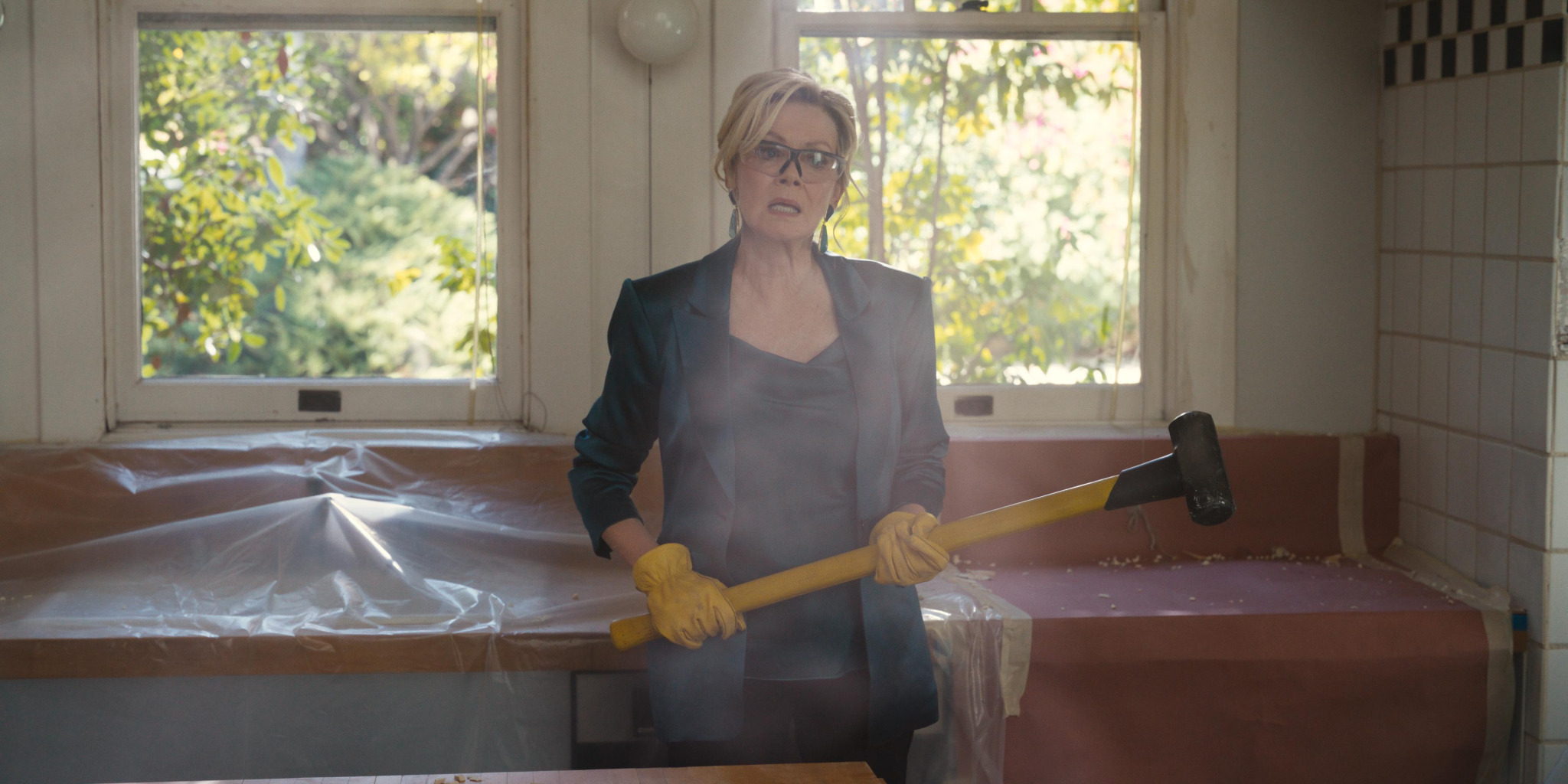

 Why you can trust Xtra
Why you can trust Xtra